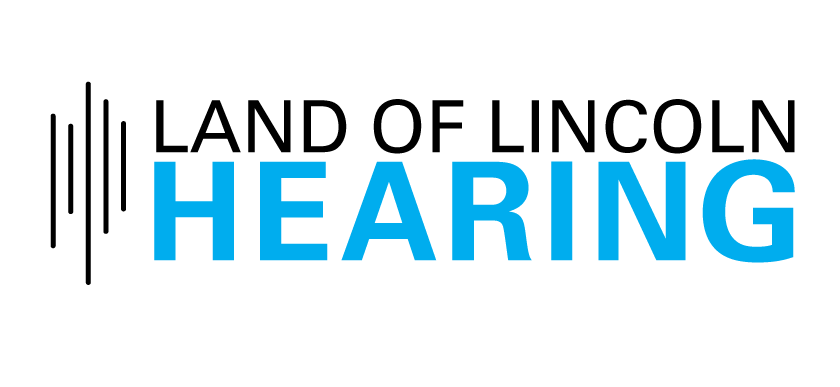This post originally appeared on Starkey.com
Today’s fact headlining the lack of hearing screenings at routine doctor exams may surprise you—or not.
If you’re surprised: It’s probably because you’ve been keeping up with the mounting research that strongly links hearing loss with dementia, cognitive decline, depression, loneliness, and falls.
If you’re not surprised: You may be familiar with the current state of shorter appointments in the U.S. and let’s face it—it’s not uncommon for physicians to prioritize other tests, labs, and questions before hearing. You’ve likely “been there,” and realize if you had any hearing loss concerns, it would be your role to mention them to the physician.
Regular hearing screenings are essential to your health
While the reasoning behind the lack of hearing screenings at routine exams isn’t clear-cut, we can take today’s fact as a reminder of how important it is to prioritize our hearing health. Regular hearing exams not only are the first step in helping to prevent the long-term detriments of hearing loss, such as dementia, but also play an immediate role in the early intervention of age-related hearing loss—which is gradual and often difficult to detect. As a result, people may not even realize they have hearing loss until it is further along and more challenging to treat.
On a positive note, the case integrating hearing screenings into regular health exams appears to be gaining some momentum: The esteemed National Academies of Sciences, Engineering and Medicine, for example, recently recommended routine doctor hearing screenings in a published report titled Hearing Health Care for Adults: Priorities for Improving Access and Affordability.
But while progress continues to grow, taking care of our hearing is up to us.
Fortunately, there are two things you can do:
Option 1: Tell your physician about hearing concerns
If you think you may have hearing loss, or even if you’re unsure, tell your physician. They can refer you to a licensed hearing care professional in the same way they might refer you to a dermatologist for skin issues. A hearing specialist will have the equipment and expertise to evaluate your hearing and counsel you through treatment options for any hearing issues you may be experiencing.
Option 2: Visit a hearing care professional yourself
As it stands, experts recommend having your hearing screened every three years once you’re 50. So, you can feel empowered to make it a part of annual health checks. Hearing evaluations are simple and pain-free, and can easily be set up with a hearing care professional near you.
For a head start, simply type your zip code in here to generate a list of local providers. They will be happy to show you how your hearing is doing, and as mentioned, discuss treatment if needed.
If you’re interested in a hearing test, visit your closest Land of Lincoln Hearing office to learn more about your hearing health.




